Xbox is being put out to pasture and it just feels wrong
We’re now past the point of no return, here’s what all these changes mean for Xbox fans and consumers in general going forward
KOSTAS FARKONAS
PublishED: November 3, 2025
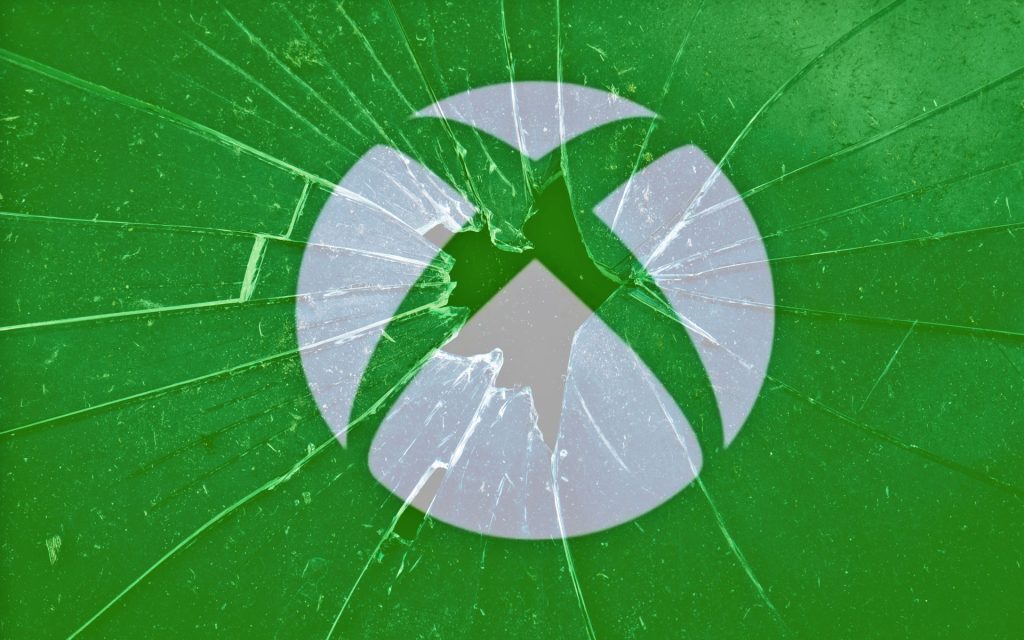
It’s official, then: a situation that’s been unfolding for almost four years – beginning with Microsoft’s costly acquisition of Activision Blizzard King – has now reached the point of no return. Not only is the Xbox dramatically changing as a platform and a business, but it’s essentially being forced into retirement due to bigger changes the company is making across the board. The Xbox brand, a year away from celebrating a quarter of a century as a major player in the console gaming market, is fading away in real time – and it just feels… wrong.
Yes, there have been more than a few indications that things were heading that way over the last two years, but now Microsoft apparently decided it’s finally done with pretenses, as – in a few short days – the company pretty much confirmed everything we were afraid was on the cards for Xbox after the ABK acquisition. Matt Booty, for instance, let everyone know via a New York Times interview that all Microsoft Game Studios titles “will be seeking to meet people where they already are” in the future, meaning that Xbox fans should not be expecting any exclusive games for their systems going forward.
Sarah Bond, meanwhile, had already confirmed that the next Xbox system would be based on Windows, but she now claims in a Mashable interview that the upcoming console will offer “a premium, high-end experience”: that’s an expensive-sounding choice that will most probably price this product out of the traditional gaming console market and put it in direct competition with gaming PCs (where the Xbox brand means little). Plus, since that system is confirmed by Microsoft to support multiple PC games storefronts, it would be further undermining the importance of the Xbox Games Store.
Microsoft leaving the Xbox behind for Windows and the cloud
What drove the point home, though, was Microsoft’s CEO Satya Nadella not mentioning the Xbox at all when talking about the company’s plans for the gaming market in an interview with TBPN. He noted that “the biggest gaming business is the Windows business”, that “Microsoft wants to be a fantastic games publisher so, similar to what we did with Office, we’re going to be on every platform”, that “the industry needs to innovate on how it produces games” and that “gaming’s competition is not other gaming, it’s short-form video”. Much of all that is debatable, but it does align with the company’s relentless focus on AI use and cloud-based products.
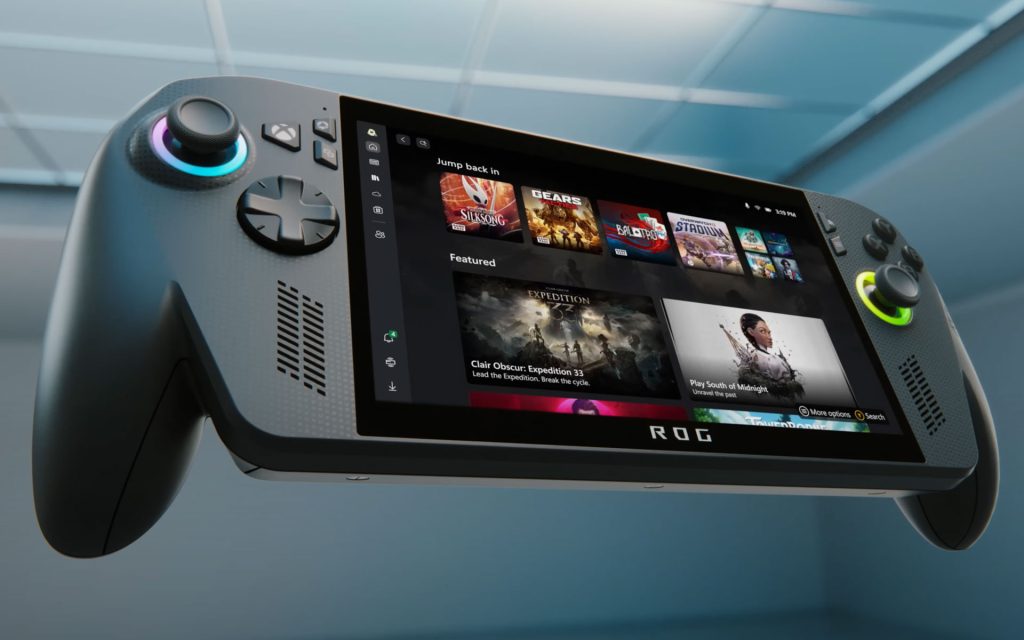
Nadella also claimed that “the best way to innovate in the games market is to have good margins, that’s the way you can fund”, basically confirming Bloomberg’s recent report that Microsoft is now pushing for unheard-of, almost impossible profitability levels from its gaming division – hence the multiple layoff rounds and hardware or subscription price hikes that happened throughout the year.
During the entire interview not once did Nadella mention the Xbox by name. This speaks volumes: Microsoft is officially going multiplatform now (no exclusivity “asterisks” involved when it comes to AAA productions), but it’s also actively distancing itself from the traditional gaming console model much earlier than anyone expected. The company is clearly changing course back to Windows and PC gaming, effectively reducing the next Xbox console to a “fixed-hardware PC” of sorts – and the Xbox brand to something so vague that it barely holds any meaning.
What the Xbox being deprecated would mean for Xbox fans
The first consumer demographic directly affected by Microsoft’s new gaming direction is obvious: it’s those 30 million players that have bought into the company’s current Xbox ecosystem, consciously giving Microsoft another chance after the failure of the Xbox One. These players are likely long-time Xbox fans who believed that the company had a solid comeback plan in place, got an Xbox Series S or Xbox Series X early on and expected that – through Microsoft’s numerous game publisher and developer acquisitions – they’d be getting scores of AAA exclusive games for their systems in a timely fashion and at a steady pace.
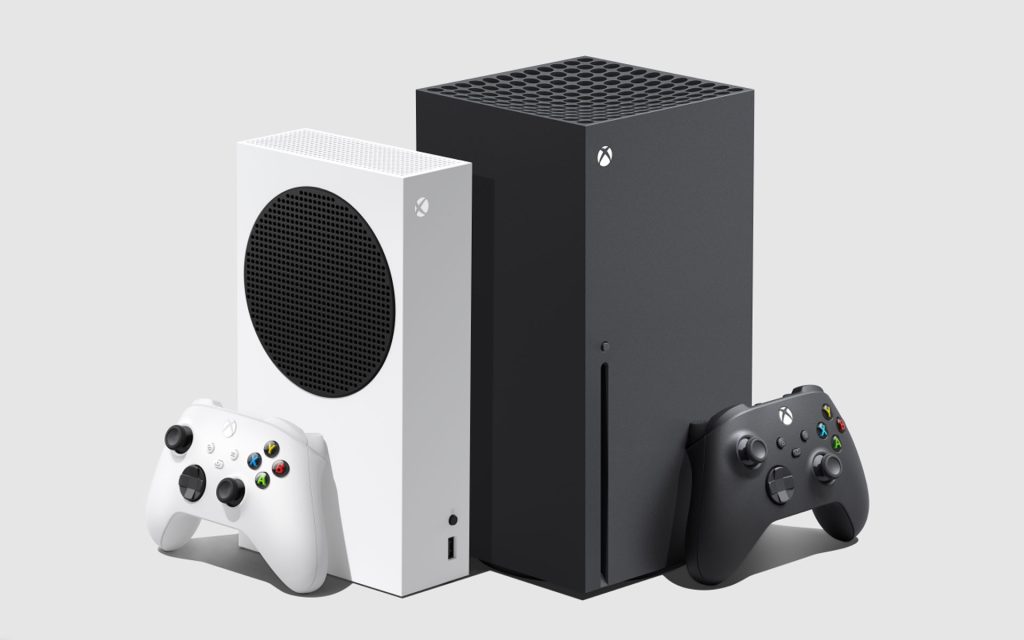
These Xbox fans are now left out in the cold: not only did things not play out they way they hoped during this Xbox generation – any “console war” between the XSS/XSX and the PS5 ended surprisingly early – but things will never play out that way now. Both Xbox systems have become just another format included in a list of others as part of Microsoft’s multiplatform strategy, so the only benefit their owners will probably be enjoying – not a given – is the option to play Microsoft Game Studios titles through Game Pass instead of buying them at retail prices like the owners of other systems. It’s not as attractive an option as it used to be, but it’s… something.
Things do not look good, though, for the Xbox Series S/X in the long run: once Microsoft releases its “Xbox/PC hybrid console”, less people than ever will have a reason to get the Xbox version of any game instead of the PC one (which will be technically superior and playable on handhelds too). Microsoft will have even less of an incentive to support the Xbox Series systems for long, leaving them behind at some point to focus on what the next Xbox and modern PCs can do. At that point, the XSS/XSX will be little more than outdated boxes capable of playing many legacy Xbox titles through backwards compatibility… and that’s about it.
Most consumers have already abandoned the Xbox as they do not feel there’s enough value or even a future there.
This is obviously something that most consumers have come to realize on their own: devoted Xbox fans are angry at Microsoft on an emotional level – at the company’s countless mistakes and bad choices – but other players seem to maintain a more practical view of all this. It’s no coincidence that sales of both Xbox models have tanked for five quarters in a row, basically grinding to a halt as they got more expensive in 2025. People just aren’t buying them anymore, as they just don’t feel there’s value or a even future there and, really, who can blame them?
What the Xbox going away would mean for the gaming industry
The Xbox systems heading for retirement and the Xbox brand as a whole being deprecated create an even bigger problem, though – one that does not just affect Xbox fans. See, for almost a quarter of a century the Xbox had provided the PlayStation with the kind of competition that was meaningful and useful for consumers. Yes, Microsoft has made a lot of rookie mistakes, it suffered from mismanagement and the lack of a clear vision (as it still does), it acquired and mishandled an awful lot of development teams, it has made a number of consumer-hostile choices… but its systems still served as noteworthy alternatives to equivalent PlayStation models.
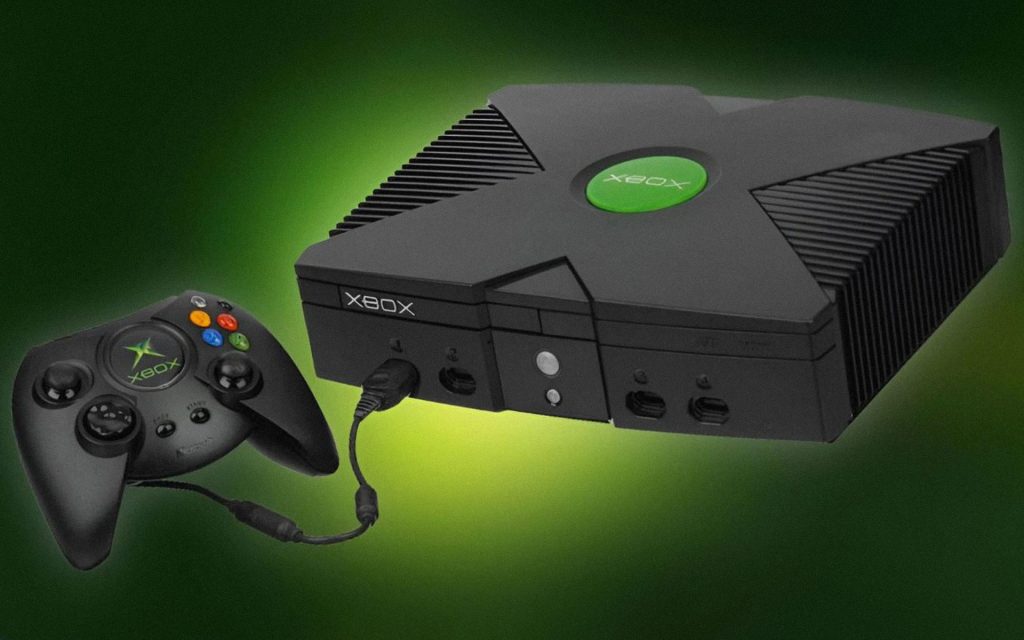
The console gaming market would not be where it is today had it not been for that small team of Microsoft employees back in 2000 convincing Bill Gates to enter this space with the ugly, heavy, noisy – but now recognized as an industry milestone – original Xbox. Microsoft brought console online gaming to the masses through Xbox Live – Sony and Nintendo would have gotten there eventually but way, way later – it pioneered HDD storage and voice chat, it established Gamerscore and Achievements, it introduced digital sales, DLC and microtransactions (for better or worse) as ways to deliver and monetize modern video games content.
Even the failed presence of Xbox in the gaming market over the last decade proved that competition in this space is more than just “good to have”. It is absolutely essential. Without pressure largely coming from Xbox, PlayStation might have never offered the PS Store on the PS3, it would not have supported cross-play as it does now, it would not have brought products like the DualSense Edge or the Access Controller to market. Even Game Pass, a controversial service in many ways, directly benefited PlayStation gamers: they just wouldn’t have gotten the current, improved form of PlayStation Plus with its great Deluxe tier, had it not been for Game Pass.
Competition between Microsoft and Sony in the console gaming space proved beneficial for all consumers. Its absence will be a problem in the very same way.
The way things are going, that version of the Xbox – the competition that kept Sony’s PlayStation somewhat on its toes for around two decades – won’t be around for long. Microsoft will probably release its “Xbox/PC hybrid console” as a “blueprint” for other manufacturers to copy or modify, meaning that this system will not be a platform for developers to target: it will be a proposed PC configuration more than anything else (whether other companies’ systems will be allowed to run older Xbox games remains to be seen). Plus – since exclusive Xbox games are no longer a thing – there will be no counter-argument to the exclusive games Sony will be putting out for the current and future PlayStation either… so, effectively, no competition anymore.
A sad state of affairs for everyone involved, including Microsoft
With Nintendo following its own path – the Japanese company is great at doing its thing regardless of any “console wars” going on between Sony and Microsoft at any given time – the absence of Xbox as a standalone gaming platform would basically leave the PlayStation6 unchallenged. It would be the only advanced home gaming console specifically designed to work as such and the only one of its kind enjoying popular exclusive games… while also enjoying the output of every third-party games publisher, including Microsoft.
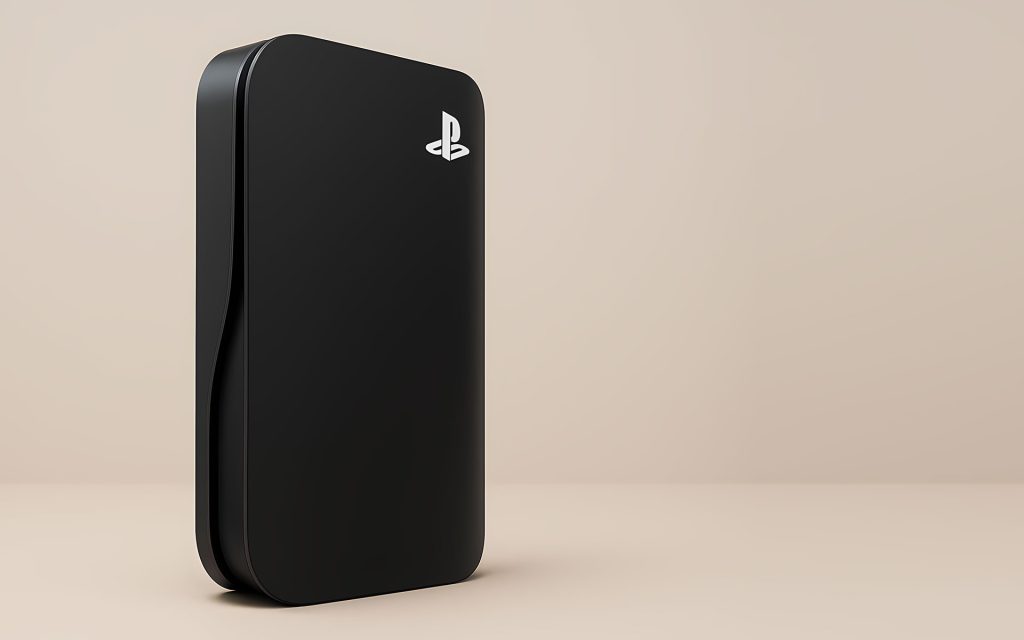
Looking back at Sony’s track record, it’s hard not to feel worried: this is, after all, a company that has no problem taking advantage of its leading market position, especially when it feels there’s little to no competition acting as an alternative. It may not be the insufferably arrogant company it was in the PS2/PS3 days, but it will push for higher prices whenever it can, it will not pass any savings down to consumers, it will charge far more than it otherwise would for products or services addressed to certain game demographics… the list is long.
That may sound like every other tech or entertainment company out there, yes – but in the home console space Sony would be uniquely positioned to do all of the above, and more, with practically no consequence. It already seems certain that PlayStation will be entering the next generation of gaming from a position of strength, so the absence of direct competition could only embolden its management to take full advantage of said position.
Microsoft does not care about any of that, being too busy these days trying to convince everyone that console-exclusive games are now “antiquated”. It’s a convenient position to take given its failures and future plans, but the company may be in for an unpleasant surprise come 2027 or 2028: Switch 2 already proved this year that yes, people will buy new gaming hardware at the very least partly for playing games unavailable on other systems – and all Sony needs to do in order to achieve the same thing with the PS6 is offer a couple of strong such titles early on. In that context, exclusivity will more likely help, not hold back, Sony’s future efforts.
Microsoft’s long-term plans for the Xbox do not look at all promising for anyone involved.
Microsoft is clearly betting on the openness of the PC gaming market for the future. But if the next Xbox is indeed a Windows-based PC, as Nadella and Bond have now officially confirmed, and no games that actually need it are in the cards anymore, then why buy that instead of a proper gaming PC? Older Xbox titles alone can’t be reason enough for anyone purchasing an expensive new “Xbox” system, surely?
Microsoft forcing the Xbox platform and even the Xbox brand into retirement may do the company itself no favors in the long run: it could eventually drag it all the way back to the place where it used to be in the late 90s, the only difference being that it will be a much larger games publisher. No UI facelift will make Windows feel like a focused, dedicated gaming platform – assuming Microsoft is even capable of making said UI actually work – and no amount of vague corporate marketing will unite PC gaming and console gaming in the exact way the company thinks it will. Valve, ironically, has a better chance of achieving that with SteamOS, which could explain a lot of what’s happening with Xbox these days.
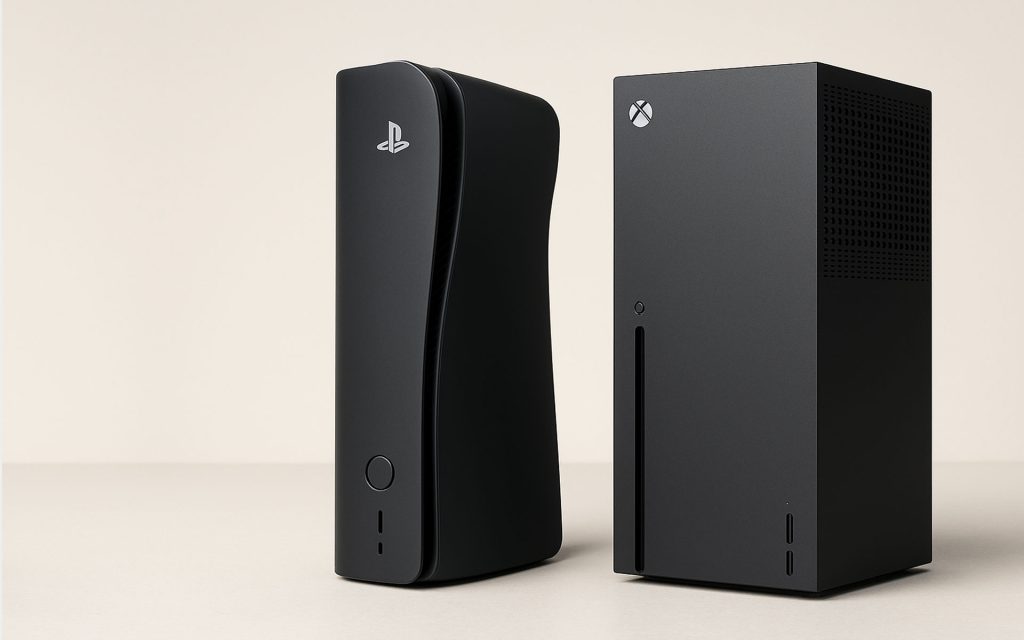
In a market that’s thriving on competition and suffering if locked into a monopoly – like the gaming one – Microsoft seems both unable and unwilling to be a positive force for consumers right now. Here’s hope that there’s much more to the company’s long-term strategy, stuff we do not know about yet, because what’s currently on display does not look promising at all for anyone involved – including Microsoft. If that is not a sad state of affairs, yours truly does not know what is.




















